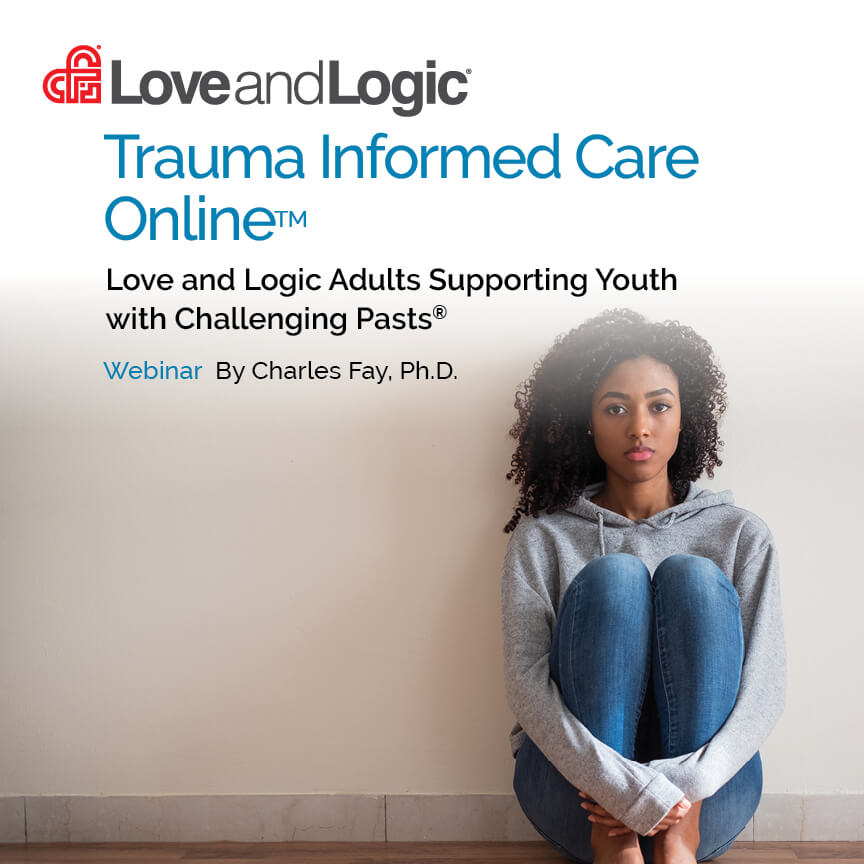Kids who are not directly involved in traumatic events can still suffer anxiety by hearing about these events. Many kids have been affected by recent events and parents naturally want to help ease their anxiety and fears. It is helpful for kids to be able to speak with their parents about their feelings. It is very important for parents to do more listening than speaking, and to listen with empathy.
Because we care, we hate any pain that our kids experience, and we yearn to help them heal. This motivation is wonderful. However, when we render help, we must also recognize that feeling sorry for kids isn’t the same thing as loving them and empowering them to heal. As we support our kids, it’s helpful to keep in mind the difference between sympathy and empathy.
Sympathy
“Feeling sorry for” someone can lead us toward unintentionally sending the unstated message:
“This is so horrible that you’ll never be able to cope and find joy in your life.”
Empathy
“Loving” someone means purposefully sending a very different unstated message:
“I can’t imagine how much this has affected you. I’m so sorry this happened to you.
I’m here for you. I believe in you.”
Consider these questions:
- Which style is more likely to result in the child feeling heard?
- Which style is about the adult’s feelings? Which is about the child’s needs?
- Do these concepts also apply to kids who haven’t directly experienced trauma?
By engaging with your kids in conversations with empathy and a genuine desire to listen, they will be more willing to express their feelings, which will help them understand and heal. Here are some reminders about listening that can help:
- Have plenty of short discussions rather than a few long ones.
- Ask open-ended questions that are thoughtful and sincere.
- Ask permission to share your thoughts.
- Don’t fall into the trap of trying to force them into a conversation if they refuse to talk.
If you are a parent who has a kid who has experienced trauma, or if you are an educator, social worker, or counselor who works with kids who have experienced trauma, you can learn real solutions for working with kids who have challenging pasts in our webinar, Love and Logic Trauma Informed Care Online.
Thanks for reading!


